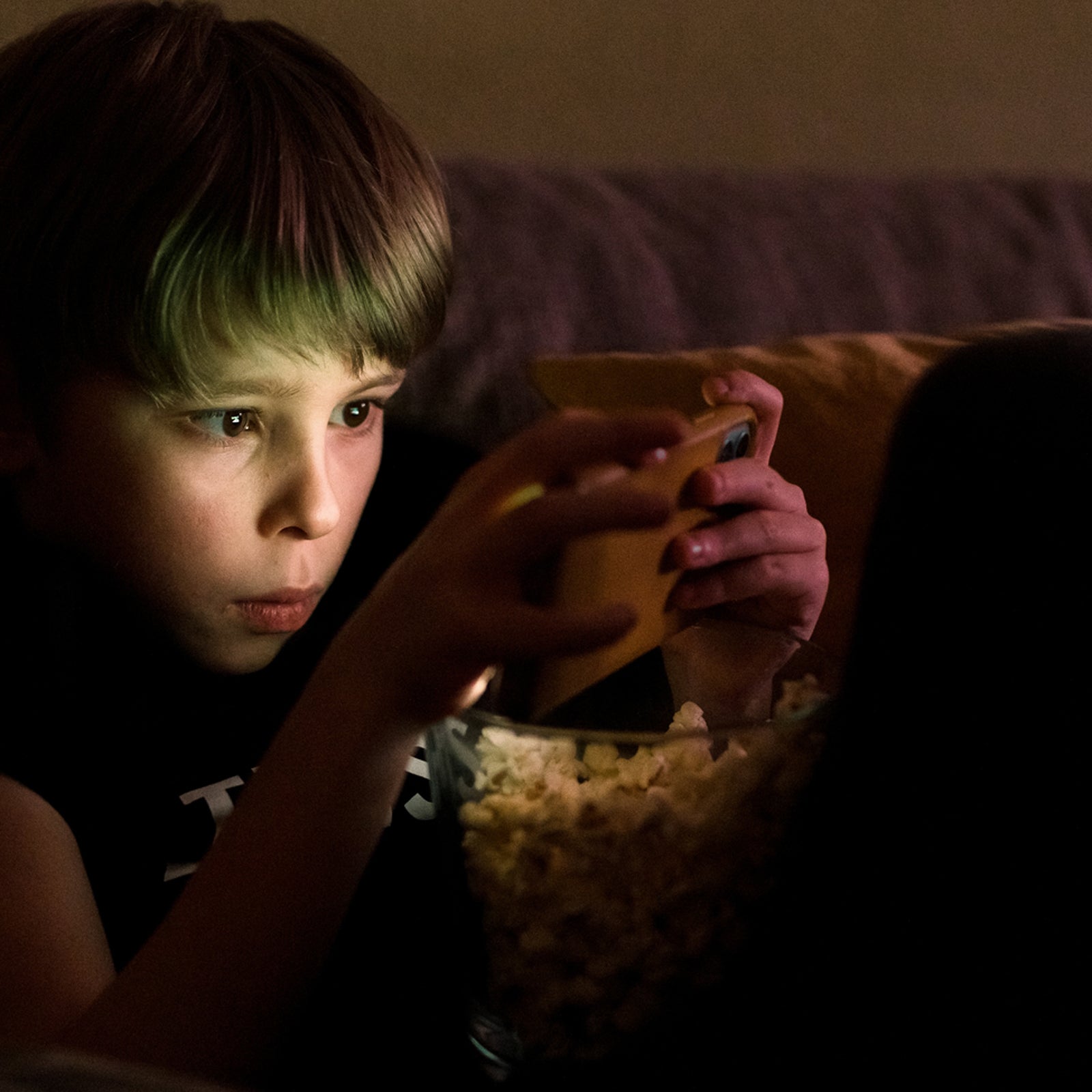This spring, Facebook under 13 years old—a sort of Instagram lite that gives kids the chance to connect with friends and family without seeing ads or being . The company says that kids under 13 use Instagram anyway (despite a policy requiring users to be 13 or older), so giving them their own dedicated platform simply makes the experience safer.
But as any caregiver who has let their child play with a smartphone knows, screens are addictive. Many adults can’t tear themselves away from their phones, computers, and televisions, and children are even less prepared to resist these glowing temptations. Kids between the ages of 8 and 12 already spend in front of screens, and research shows that more screen time correlates with less sleep, less physical activity, and less time outdoors.
As someone who uses social media often in my personal and professional life, I’ve experienced its addictiveness. I’ve seen the way Instagram has turned the outdoors into something to be recorded, shared, and commodified. And I’ve observed the effect that an iPad has on my three-year-old daughter: the more time she spends on it, the more time she wants to spend on it, and the more irritable she becomes when it’s taken away.
Child-protection advocates also worry that Facebook, which owns Instagram, won’t be able to adequately protect young users’ privacy or shield them from cyberbullying and inappropriate content. In to Facebook CEO Mark Zuckerberg, more than 100 advocates and organizations wrote that “while collecting valuable family data and cultivating a new generation of Instagram users may be good for Facebook’s bottom line, it will likely increase the use of Instagram by young children who are particularly vulnerable to the platform’s manipulative and exploitative features.”
I don’t want my daughter’s outdoor experiences marred anytime soon by the impulse to record herself and share it.
Among those “manipulative” features are targeted ads that prey on teens’ and tweens’ insecurities, an algorithm designed to keep users online for as long as possible, and a feedback loop that pressures users to conform physically and behaviorally to their peers. that teens who are active online worry more about how they’re perceived, and that teens who are already depressed feel more stressed and anxious after using social media. Erin Wilkey Oh, content director for families and community engagement at the nonprofit , says that more research is needed on how social media impacts children under 13, but pairing what we already know about social media with the stages of child development offers some guesses.
“If we look at preteens, we know that social drama and peer pressure start to increase around this time, and that can be amplified or misunderstood in online environments,” Wilkey Oh says. “Kids are very preoccupied about their appearance at this age, and there’s a lot of pressure to have peer approval, so there are risks there. And younger kids who are seven or eight or nine years old are even less prepared. They’re still learning how their behavior can affect other people, and they might not understand that someone could post something online that isn’t true.”
Yet the relationship between kids and social media is more complicated than it seems. conducted by Common Sense Media found that even though social media use is linked to depression and anxiety, many teens also saw social media as a “lifeline” during the pandemic—a way to access critical information about their mental and physical health and connect with their peers. Teens from marginalized groups, such as LGBTQ teens, can find social media especially helpful in cultivating a sense of belonging.
Social media could also benefit younger kids if it’s done thoughtfully, says Wilkey Oh. But Facebook’s track record makes her skeptical that the company will really prevent children from being exposed to the myriad ways in which it monitors and influences its users. Plus, there are already ways for children to connect with family and friends online. Do they really need another app designed to nudge them into spending more time on their devices and less time playing outside?
As a working mother in a pandemic, I’ve relied on screens to get through more days that I care to admit. But I’ve also seen my daughter spend days in the backcountry without a screen in sight—days in which she becomes engrossed by the edges of streams and the swirls of wildflowers, builds fairy houses from bark and sticks, and falls asleep each night exhausted from running down trails and climbing rocks. This version of her is her best, most uninhibited self, and I don’t want those experiences marred anytime soon by the impulse to record herself and share it.
Despite the outcry, Facebook doesn’t seem to be slowing its plans to roll out the app, which means it may infiltrate our kids’ worlds whether we like it or not. One thing parents can do to minimize the potentially negative impacts, says Wilkey Oh, is to create a “family media plan”: a set of rules created with your little ones that details how much screen time they’re allowed each week and what they can watch or play with. It’s not perfect, but it can help families intentionally balance screen time with the exercise, outdoor play, and real-life social interactions that are vital to childrens’ well-being.


